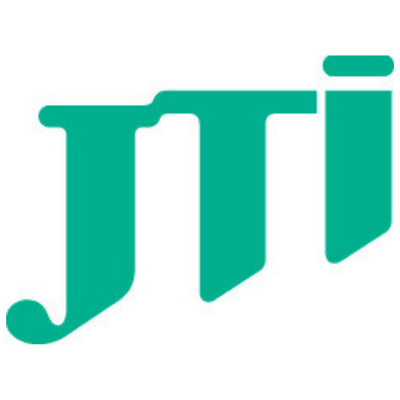Cambodia Investment Review
The International Business Chamber of Cambodia seminar on “Carbon Finance and Supply Chains” brought together key stakeholders to discuss the integration of carbon finance into sustainable supply chains. The event featured a keynote speech from the Minister of Environment, emphasizing Cambodia’s commitment to Article 6 of the Paris Agreement and its implications for carbon finance.
The seminar highlighted that Article 6 of the Paris Agreement allows countries to pursue voluntary cooperation to achieve climate targets. This mechanism is crucial for Cambodia as it enables international cooperation to tackle climate change and unlock financial support for developing countries. By identifying verifiable emission reductions, attracting funding, and facilitating cooperation among nations, Cambodia aims to implement national action plans more affordably.

Opportunities in Carbon Finance
Carbon finance presents significant opportunities for companies to achieve net zero carbon emissions. Businesses can either reduce their emissions through operational changes or purchase carbon credits to offset their emissions. This mechanism is particularly beneficial for Cambodia, allowing the country to raise climate ambition and implement national action plans cost-effectively.
A notable opportunity lies in the Cambodian Climate Financing Facility (CCFF), recently approved by the Green Climate Fund (GCF) with USD 100 million in concessional funding. The CCFF is designed to support sustainable projects within the private sector and provide wholesale funding to financial institutions. This initiative aims to enhance Cambodia’s green economy by financing projects that adhere to international sustainability standards.
Challenges in Carbon Finance
Despite these opportunities, Cambodian businesses face several challenges. Conducting a carbon assessment and understanding the regulatory landscape are critical first steps. Companies need to be aware of which verification body to use and the standards they must follow, which can be a complex and daunting process.
The Ministry of Environment is working to streamline this process by developing standard operating procedures (SOP) and guidelines for the accreditation of green projects. These measures aim to help firms better understand the process and accelerate the approval of green projects for both local and international investment.
The seminar also addressed issues related to carbon taxation and emissions trading systems. Carbon taxation, implemented by the government, generates revenue that is then invested in green projects. However, measuring the effectiveness of these investments can be challenging. Additionally, the emissions trading system, where prices are determined by market supply and demand, requires a robust infrastructure to ensure liquidity and effective trading.
Panel Discussions
The first panel featured experts from Nexus for Development, Global Green Growth Institute, and Wildlife Conservation Society. They explored the principles of carbon finance, including carbon credits and how companies can utilize them to reduce their carbon footprint. Additionally, the discussion delved into carbon pricing mechanisms like carbon taxes and emission trading schemes. Finally, the panelists discuss the different types of carbon markets and their role in conservation efforts. The final segment provided insights for companies and individuals interested in participating in the voluntary carbon market.
The second panel discussion focused on the role of development banks in carbon financing, particularly its Future Carbon Fund. This fund is part of ADB’s ongoing Carbon Market Program (CMP) and provides financial and technical support for Clean Development Mechanism (CDM) projects. Such initiatives aim to support the development and implementation of sustainable projects in the region.
Future Prospects
The seminar concluded with a reflection on the opportunities and challenges for integrating carbon finance into Cambodia’s supply chains. While significant potential exists, businesses must navigate a complex landscape of regulations and standards. The establishment of clear guidelines and robust financial mechanisms like the CCFF will be crucial in facilitating this transition.
IBC’s Supply Chain working group Chairperson Parth Borkotoky quoted “The urgency of the climate crisis demands we significantly boost our sustainability efforts. Businesses must embrace the idea that profit and social responsibility are complementary. Sustainability presents a tremendous opportunity, in Cambodia, where we are already making significant progress. Now is the time for businesses to work together to build a future-proof economy that benefits everyone”.
The journey towards clean, green, and sustainable development is challenging. However, with the right frameworks and international cooperation, Cambodia can make significant strides in achieving its climate goals. The IBC seminar provided a platform for these critical discussions, highlighting both the potential and the hurdles in the path towards a sustainable future.









